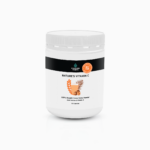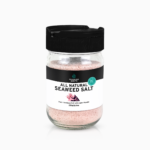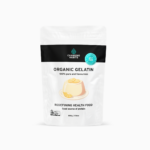The Blood Type Diet which I talk about in my book Changing Habits Changing Lives has been saying for years that genetics may play a role in diet but more importantly is the epigenetics.
Cyndi O’Meara
“Eat that up – it’s good for you.” Or maybe not, say scientists who have discovered that a person’s genetic makeup determines which foods are good for them.
That means people will not all experience the same health benefits from the same foods.
Auckland University is hosting a nutrigenomics conference for scientists and nutritionists from around the Asia Pacific region, with discussion on how the research can be used to help people suffering from illnesses taking centre-stage.
Nutrigenomics is a growing research area in which scientists study how individuals respond to different foods, depending on their genes.
Professor Lynn Ferguson, the head of nutrition at Auckland University, said the developments helped explain why some people did not see benefits when they changed their diet to one they had been told was better for them.
“There’s always been a proportion of people dieticians think might be cheating because they don’t respond.”
A nutrigenomics research programme was under way in Auckland which would help sufferers of the “debilitating” Crohn’s disease, which Prof Ferguson said there was a high instance of in New Zealand.
In some centres the illness, which causes inflammation of the gastrointestinal tract, affected one in 325 people, who were usually prescribed drugs and often needed surgery.
Good nutrition was recommended for sufferers, but Prof Ferguson said it would now be possible to tailor a diet which would help sufferers according to their genetic makeup.
Babies born into a family where other people suffered from Crohn’s disease would have genetic testing done and could be prescribed specific diets which could mean they never develop the disease.
Michael Fenech, the principal research scientist at CSIRO Food and Nutritional Sciences in Australia, is also speaking at the conference.
Dr Fenech said scientists were realising how much different foods could damage people’s DNA, which could lead to serious health problems. By testing people’s genes, they could now prescribe which foods different people required to limit that damage.
Source: Kiran Chug in Stuff.co.nz, 26 February 2010, http://www.stuff.co.nz/national/health/3376172/Mum-might-be-wrong-about-good-for-you-tucker







0 Comments